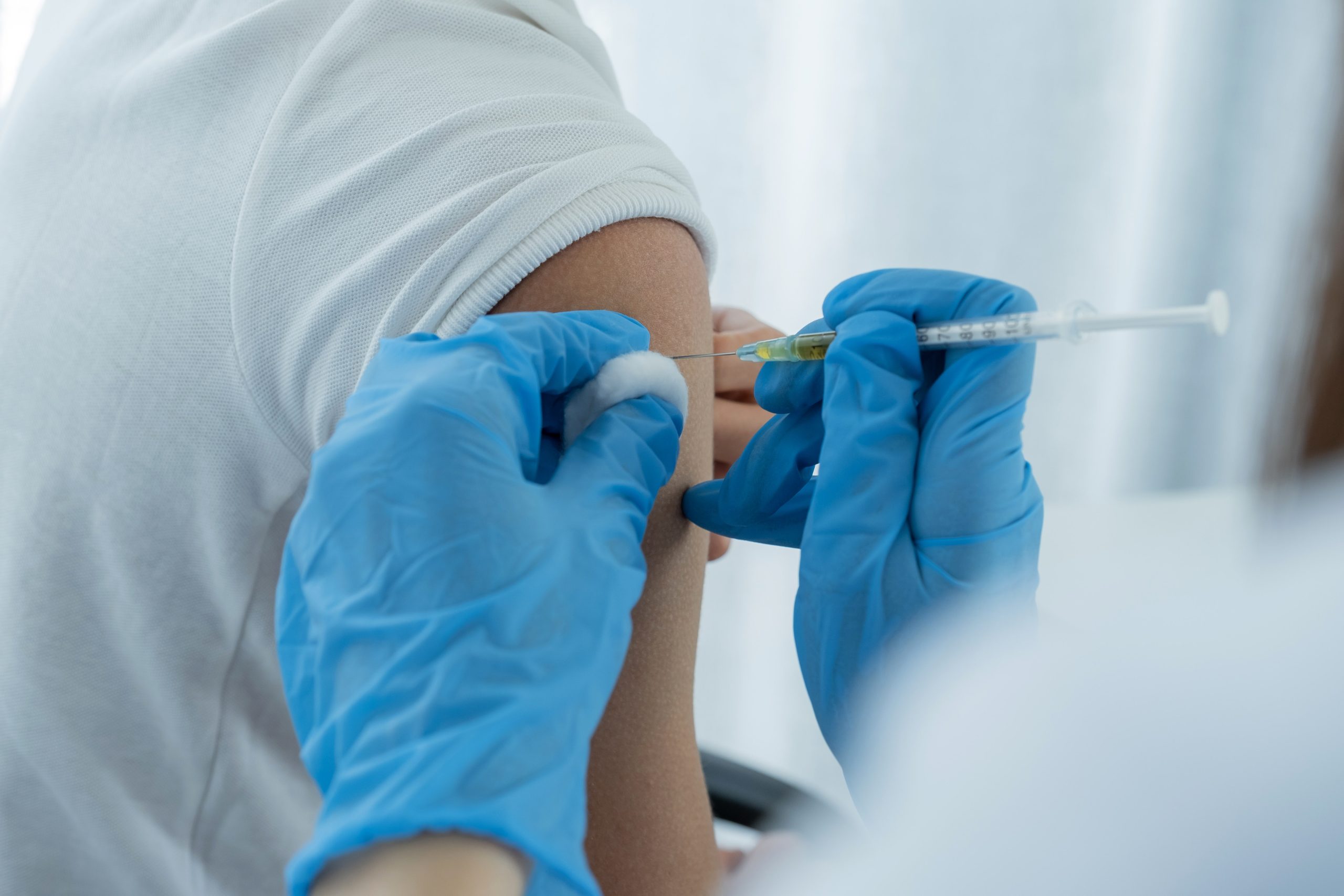Bird Flu Fears Stoke the Race for an mRNA Flu Vaccine
With the recent outbreak of avian influenza (bird flu) in several countries, concerns about its potential to become a global health crisis have intensified. The need for an effective vaccine to combat this deadly virus has never been more urgent.
In response to this growing threat, pharmaceutical companies around the world are racing to develop a new type of flu vaccine using mRNA technology. This groundbreaking approach has shown promise in the fight against COVID-19 and could revolutionize the way we prevent and treat infectious diseases.
Unlike traditional vaccines, which use weakened or inactivated viruses to stimulate an immune response, mRNA vaccines work by introducing a small piece of genetic material from the target virus into the body. This triggers the production of specific proteins that train the immune system to recognize and destroy the virus if it infects the body.
One of the key advantages of mRNA vaccines is their speed and flexibility in response to emerging threats. This makes them ideal for rapidly evolving viruses like influenza, which can mutate and spread quickly.
However, developing an mRNA flu vaccine is not without its challenges. Researchers must identify the most effective target antigens, optimize the delivery system, and ensure the vaccine is safe and effective for widespread use.
Despite these obstacles, the potential benefits of an mRNA flu vaccine are too great to ignore. If successful, it could provide long-lasting protection against multiple strains of influenza, potentially preventing future pandemics and saving millions of lives.
As the world grapples with the ongoing threat of bird flu and other infectious diseases, the race to develop an mRNA flu vaccine has never been more urgent. The stakes are high, but the promise of a safer, more effective way to prevent and control deadly viruses is within reach.
Only time will tell if this groundbreaking technology will live up to its potential and deliver on its promise of a healthier, more secure future for all.


